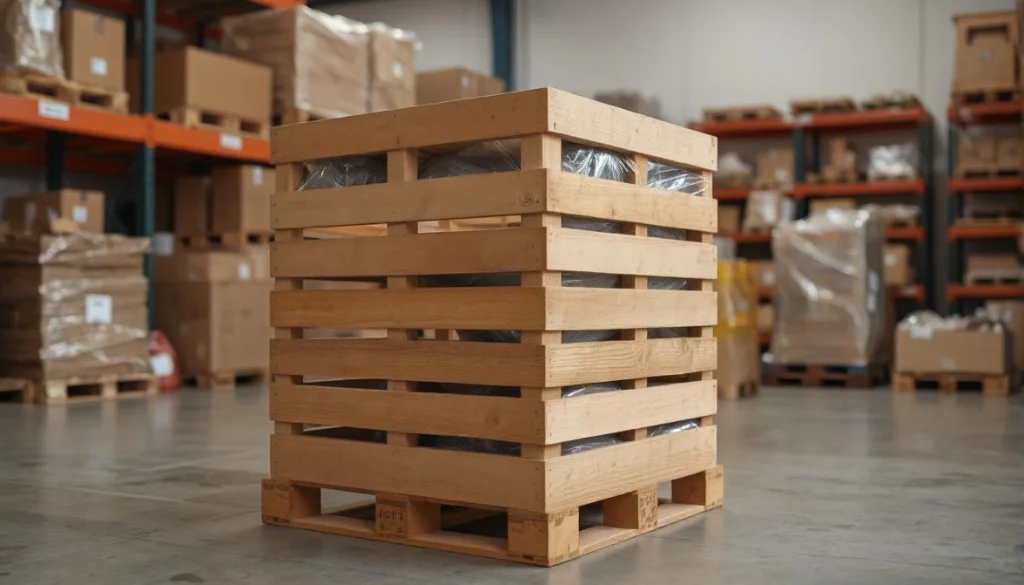
Understanding Wood vs Plastic Pallets
When evaluating wood vs plastic pallets, businesses must consider durability, cost, and environmental impact. Wooden pallets are affordable and widely used, while plastic pallets offer durability and resistance to moisture. This article explores the advantages and disadvantages of both options to help you make an informed decision.
Pros and Cons of Wooden Pallets
Wooden pallets remain popular in logistics, but their benefits and drawbacks must be weighed carefully:
- Advantages of Wooden Pallets
- Cost-Effective: Wooden pallets reduce upfront expenses, making them a budget-friendly choice.
- Easily Repairable: Damaged wooden pallets are simple to fix, minimizing downtime.
- Widely Accessible: Their availability ensures quick procurement in most locations.
- Disadvantages of Wooden Pallets
- Moisture Issues: Wooden pallets absorb water, leading to potential hygiene concerns.
- Shorter Lifespan: Frequent replacements are often necessary due to wear and tear.
Pros and Cons of Plastic Pallets
Plastic pallets are becoming a go-to choice for industries requiring more durable and hygienic solutions:
- Advantages of Plastic Pallets
- Long-Lasting: Plastic pallets resist damage, providing a longer lifecycle.
- Lightweight and Efficient: Their lighter weight simplifies handling and reduces shipping costs.
- Moisture-Resistant: These pallets avoid water absorption, making them ideal for wet environments.
- Disadvantages of Plastic Pallets
- Higher Initial Cost: Businesses must invest more upfront when choosing plastic pallets.
- Difficult to Repair: Damaged plastic pallets often require full replacement rather than repairs.
Key Factors in Choosing Between Wood vs Plastic Pallets
Deciding between wood vs plastic pallets involves considering the following critical factors:
- Industry Standards
Plastic pallets suit food and pharmaceutical industries due to hygiene requirements, while wooden pallets dominate construction and manufacturing sectors. - Environmental Impact
Wooden pallets decompose naturally, offering a sustainable option. Conversely, plastic pallets contribute less waste over time when properly recycled. - Cost Efficiency
Plastic pallets may cost more upfront, but their durability makes them a cost-effective choice for frequent use.
Real-Life Scenarios of Pallet Selection
Case Study: Food Industry
A food distributor opted for plastic pallets to comply with hygiene regulations, reducing spoilage and ensuring safe deliveries.
Case Study: Construction Sector
A construction supplier chose wooden pallets for their affordability and ability to handle heavy materials in demanding conditions.
Conclusion
The choice between wood vs plastic pallets depends on your industry, logistics needs, and budget. While wooden pallets excel in affordability and accessibility, plastic pallets deliver durability and long-term value. Evaluate your priorities to select the best option for your business.
Contact us today to explore durable pallet solutions tailored to your requirements!




